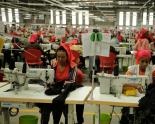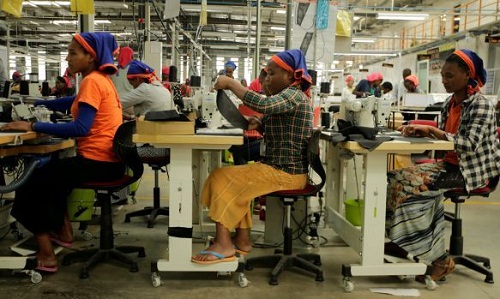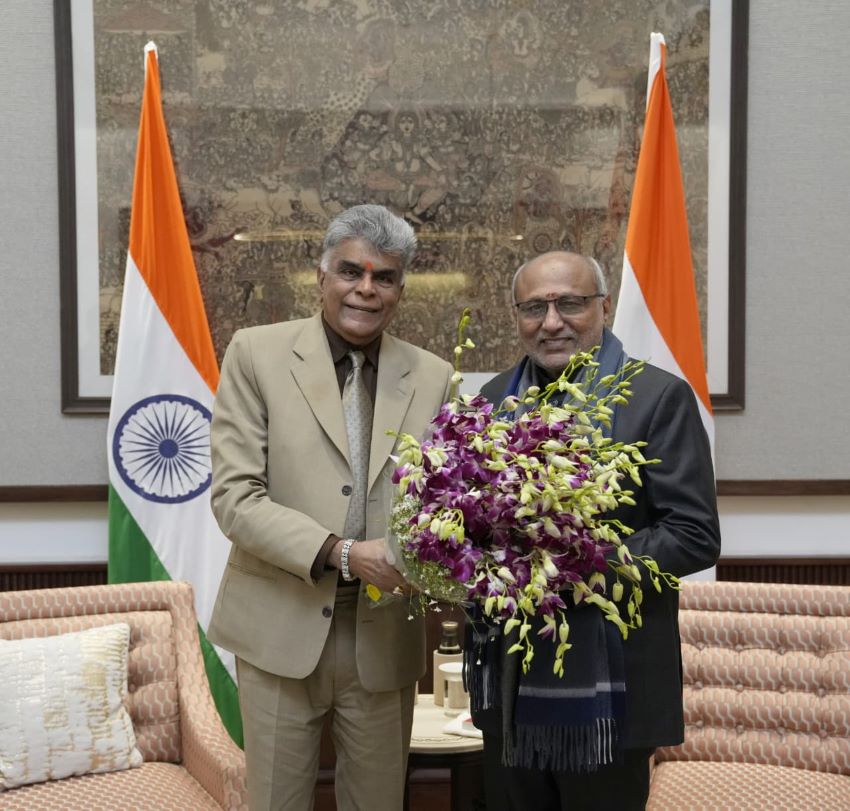 Ethiopia, until recently, attracted many South and East Asian clothing manufacturers, however, now the country faces violent conflict in the Northern Tigray region. Fuelled by ethnic power politics, the conflict has so far killed thousands of people besides displacing over a million, says the International Crisis Group. As per a Quartz Africa report, the scale of this conflict is sufficient to scare away foreign investment in the garment sector. The sector is projected to grow around 40 per cent a year in the next few years.
Ethiopia, until recently, attracted many South and East Asian clothing manufacturers, however, now the country faces violent conflict in the Northern Tigray region. Fuelled by ethnic power politics, the conflict has so far killed thousands of people besides displacing over a million, says the International Crisis Group. As per a Quartz Africa report, the scale of this conflict is sufficient to scare away foreign investment in the garment sector. The sector is projected to grow around 40 per cent a year in the next few years.
Employing over 25,000 workers at its flagship Hawassa Industrial Park, Ethiopia faces many bureaucratic and logistical challenges. Workers in the garment sector are barely able to survive with their base monthly wages being $26. In addition, political instability threatens future investments and jobs prospects for millions of workers.
A complete breakdown of the sector
The collapse of the sector could dampen the spirit of Ethiopian garment manufacturers already struggling with their businesses. Ethiopia also faces acute raw material shortage as it imports raw materials from India or China. Though its government has made 3 million hectares available for cotton cultivation, local farmers have been able to utilize only 60,000 hectares so far as they switched to other lucrative cash crops such as sugarcane, sesame, etc.
raw material shortage as it imports raw materials from India or China. Though its government has made 3 million hectares available for cotton cultivation, local farmers have been able to utilize only 60,000 hectares so far as they switched to other lucrative cash crops such as sugarcane, sesame, etc.
Ethnic tensions that erupted in 2018 have further translated into economic uncertainty for Ethiopian investors. The Hawassa Industrial Park was compelled to cancel night shifts due to security concerns for workers and foreign staff. Political demonstrations at the park’s fence disrupted production.
The Ethiopian garment sector was already on the verge of collapse when the pandemic broke out in early 2020. In June 2020, a report by the International Labor Organization described the sector’s condition as being perilous as over 60,000 garment workers lost their jobs. The current ethnic conflict threatens to lead to complete breakdown in the sector as internet and phone blackout in the Tigray region makes communication between buyers and factories impossible.
Worsening human rights situation in the region also makes completion and delivery of orders difficult for manufacturers. Besides, it increases security risks for their staff and workers, shaking their investor’s confidence of sustainable economic development.
Protect human rights and develop domestic supply chain
To restore investor’s confidence, the Ethiopian government needs to end the conflict in Tigray region and protect civilians. It also needs to allow independent human rights organizations to monitor the situation.
Ethiopian clothing companies and manufacturers also need to double their investments in the sector besides support human rights in the country. Alongwith the government, they need to develop a domestic supply chain and establish a standard minimum wage to ensure decent living conditions for workers.












